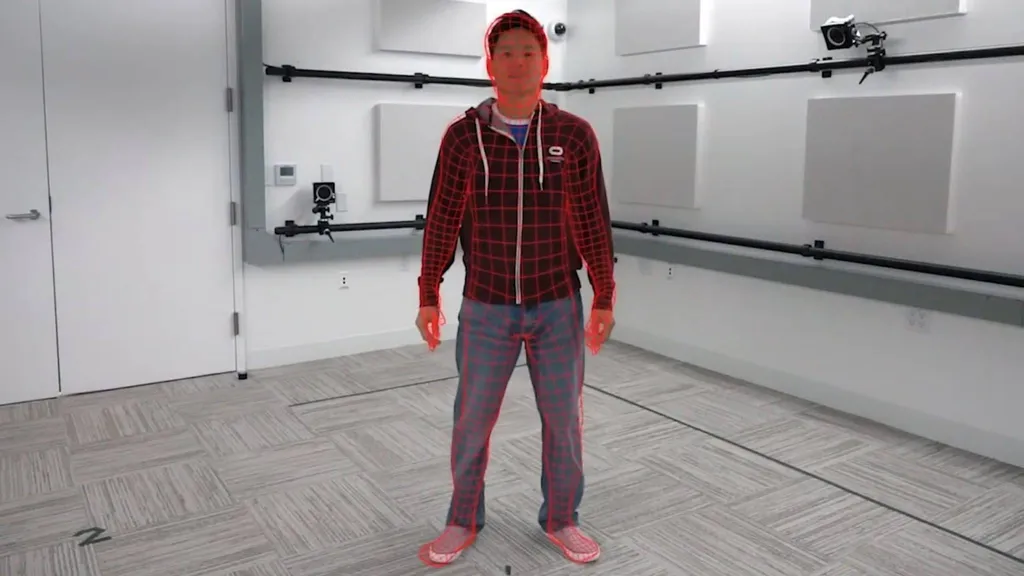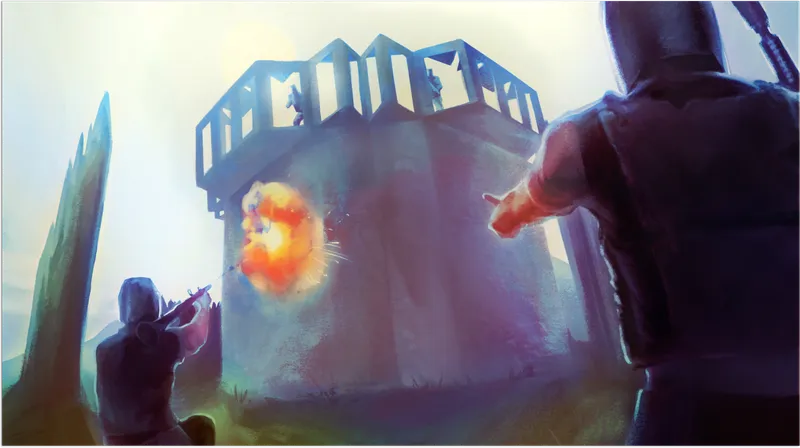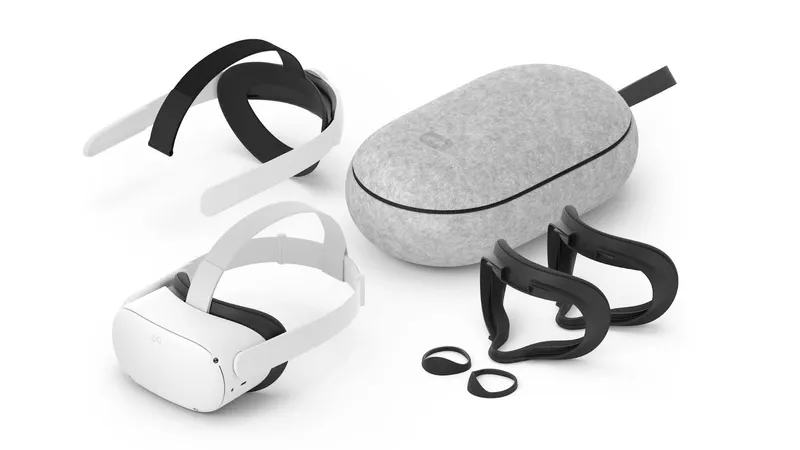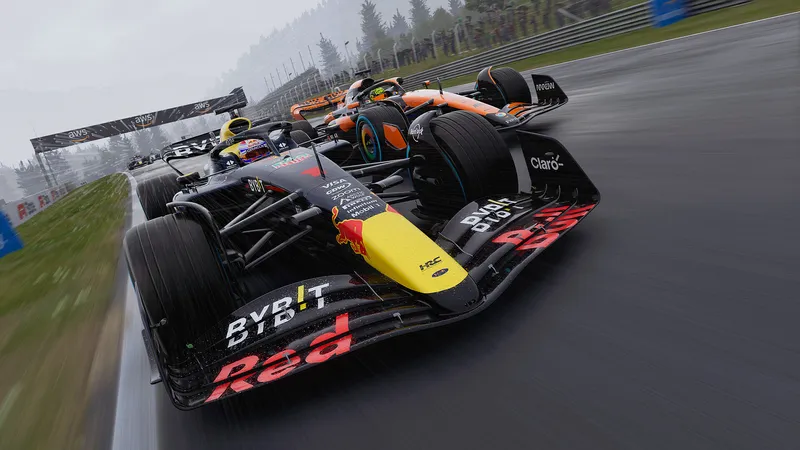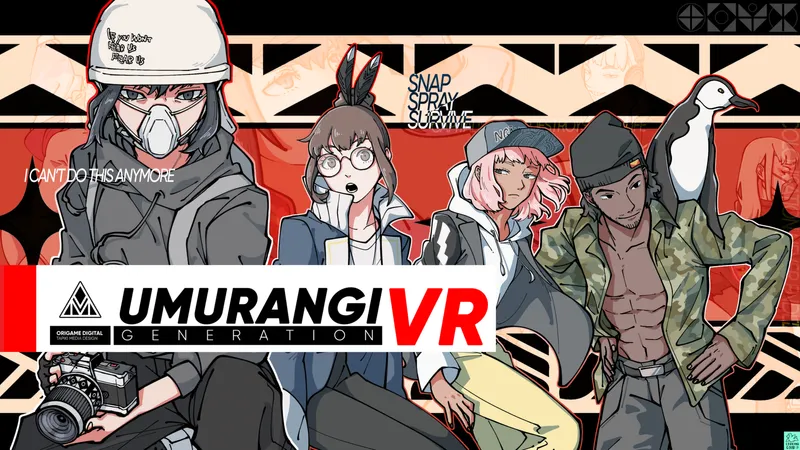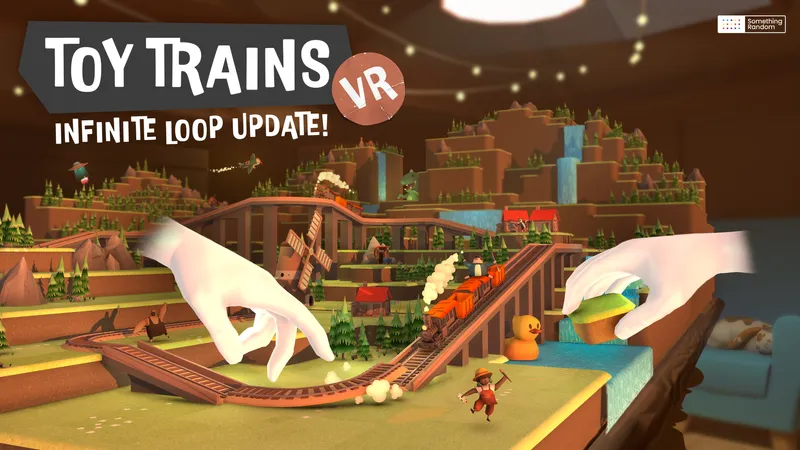For the annual computer vision conference CVPR, Facebook Reality Labs released a short clip showing off research towards photorealistic avatars and full body tracking:
Facebook is the company behind the Oculus brand of virtual reality products. The company is considered a world leader in machine learning. Machine learning (ML) is at the core of the Oculus Quest and Rift S– both headsets have “inside-out” positional tracking, achieving sub-mm precision with no external base stations. On Quest, machine learning is even used to track the user’s hands without the need for controllers.
Facebook first showed off its interest in digitally recreating humans back in March 2019, showing off ‘Codec Avatars’. This project focused specifically on the head and face- and notably the avatar generation required an expensive scan of the user’s head with 132 cameras.
In May 2019, during its annual F8 conference, the company showed off real time markerless body tracking with unprecedented fidelity, using a model that takes into account the human muscular and skeletal systems.
Also this week, the company is showing off an algorithm which can generate a fairly detailed 3D model of a clothed person from just one camera.
Don’t get too excited just yet- this kind of technology won’t be on your head next year. When presenting codec avatars, Facebook warned the technology was still “years away” for consumer products.
When it can be realized however, such a technology has tremendous potential. For most, telepresence today is still limited to grids of webcams on a 2D monitor. The ability to see photorealistic representations of others in true scale, fully tracked from real motion, could fundamentally change the need for face to face interaction.

